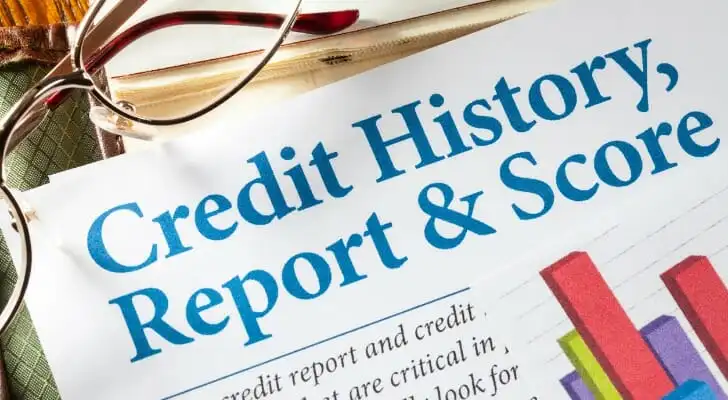Errors on your credit report aren’t as uncommon as you might think. These issues, whether big or small, can negatively alter your credit score, making it harder to get approved for new lines of credit or loans. An error could even impact your ability to rent an apartment or get a job. So if you happen to spot an error when reviewing your credit report, it’s important to act quickly to remedy the mistake. Most errors can be resolved by contacting the appropriate credit bureau. Working with a financial advisor can help you juggle making long-term financial plans with making the right credit and debt decisions for your personal situation.
What Constitutes a Credit Report Error?
There are multiple ways to spot errors on your credit report. Many free websites offer a summary of your credit profile, so you can check for inconsistencies there. For example, you might see errors like accounts under your name that aren’t yours, incorrect credit utilization numbers or even delinquent payments that shouldn’t be there.
You can also check for errors by requesting a free copy of your credit report from the three major credit bureaus through AnnualCreditReport.com. These reports are much more detailed, so you can comb through all of the information to find any errors that may be hiding out.
How to Dispute Errors on Your Credit Report
If you identify an error on your credit report, your first step should be to contact the credit bureaus that are reporting the error. The three premier bureaus are Equifax, TransUnion and Experian, and you can dispute errors with these credit bureaus online, over the phone or by mail. You should include all relevant credit and contact information in your correspondence.
Once your report is in, the credit bureau will likely contact the data furnisher of the error. This is the organization that may have provided the credit bureau with faulty information. In turn, the data furnisher is usually the loan-issuing bank or a credit card issuer. In some cases, you can solve the issue by going directly to the data furnisher in the first place.
How to Prevent and Monitor Credit Errors
Every credit bureau allows one free credit report per year. Some types of debt accounts may show up on one of those reporting bureau’s reports but not the others so it’s important to check all of them annually. Additionally, you can stagger your free reports so that you’re checking your credit history throughout the year, or every four months or so. This will give you your best chance of finding errors.
You can also sign up for alerts from a number of different financial partners, including your bank or financial institution you have a credit account. They will notify you when your credit score changes or when a new account has been opened in your name. This can help you stay on top of any errors.
Finally, you can lock your accounts so that no one can open any credit accounts in your name. In order for an account to be opened you’ll need to have your credit checked at one of the three major bureaus but if you’ve blocked any accounts from being opened then the financial institution will deny whatever account is attempting to be opened. This can help you resolve one of the major errors, which is someone opening an account with your personal information.
The Bottom Line
Finding an error or two on your credit report is fairly common, so it’s important to know what to look for. If you think you see an error, identify what it is and then be sure to reach out to the credit bureau or bureaus that are reporting it. You should generally give them about 45 days to identify and remedy the mistake.
Tips for Managing Your Credit
- As you plan for retirement and other financial goals, you’ll need to maintain a good credit profile. A financial advisor can help you manage all of these needs. Finding a financial advisor doesn’t have to be hard. SmartAsset’s free tool matches you with up to three vetted financial advisors who serve your area, and you can interview your advisor matches at no cost to decide which one is right for you. If you’re ready to find an advisor who can help you achieve your financial goals, get started now.
- Credit cards are a great resource to help you maintain and build credit. Plus, you can gather valuable credit card rewards while doing so. But if you need to repair your credit score, check out some of the top secured credit cards on the market.
Photo credit: ©iStock.com/SDI Productions, ©iStock.com/Bill Oxford

